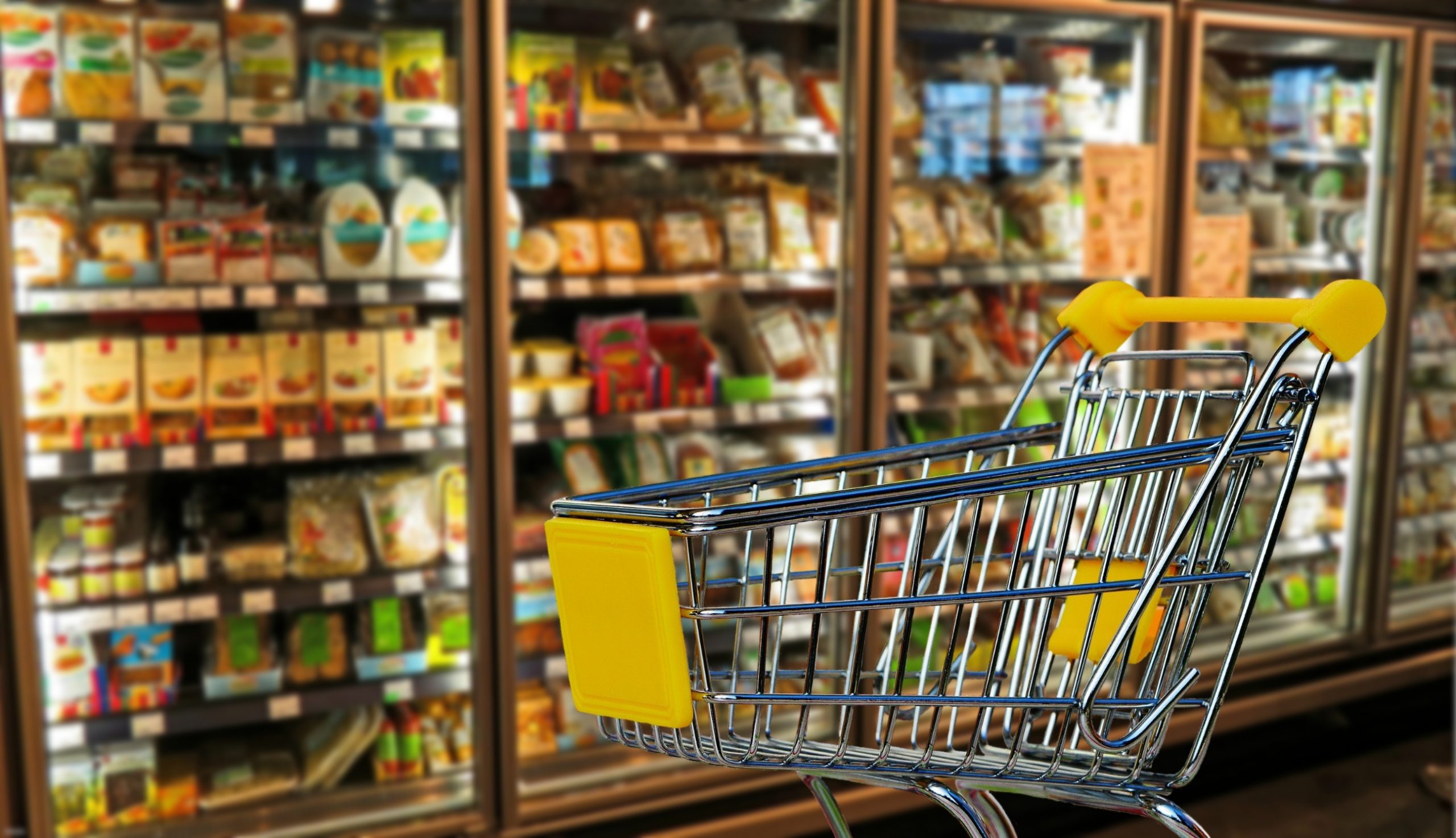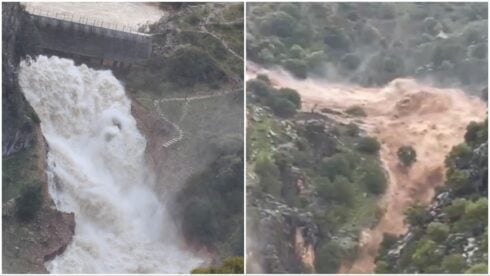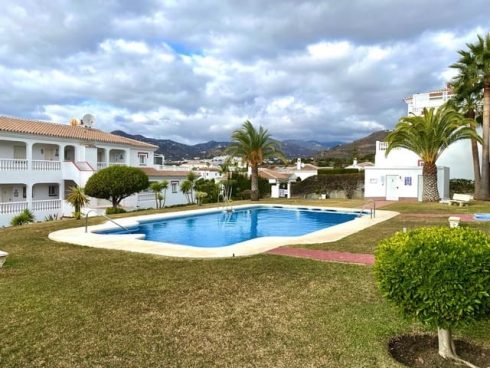FOOD inflation in Spain stayed at over 15% in January despite an IVA tax cut on some basic products.
The National Institute of Statistics(INE) on Wednesday reported an inflation rate of 15.4% for food and non-alcoholic drinks, compared to 15.7% in December.
The overall inflation rate for January was 5.9%- higher than initially forecast by the INE and 0.2% up on the previous month.
As expected, the rise was largely down to the end of the 20 cents per litre fuel subsidy.
Diesel went up by 13.8% and gasoline by 1.3%, while electricity prices fell by 17.5%.
The Economics Ministry says there has been a general fall in food prices helped by the tax cut like for fresh fruit (-4.2%), flour (-2.3%), milk (-1.5%), eggs (-1.5%), potatoes (-1%), cheese (-0.7%) and bread (-0.2%).
The problem for consumers are products that were not classified as basic and did not get a tax cut last month, with price rises noted for most meats, fish, yogurt, butter, cereals, coffee, tea and baby food.
Critics of the tax cut- costing €700 million to public finances- say that it will only save an average family €40 per month and that measures should be targeted more at the needy.
Consumer group Facua has criticised some supermarkets for not passing on some of the price reductions.
As for core inflation, which excludes volatile energy and fresh food prices, it stands at 7.5%- the highest figure since December 1986- driven by the rise in clothing and footwear.
An Economics Ministry spokesperson said: “It is expected that over the coming months, the core rate will reflect the decline in general inflation and in energy costs and other raw materials.”
READ MORE:
- Spain’s inflation rate was 5.7% in December
- Gap between wage rises and inflation hit nearly 6% in Spain in 2022
Click here to read more Spain News from The Olive Press.








